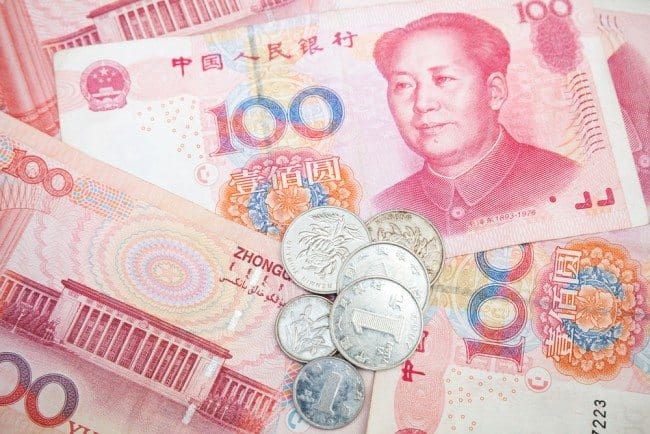China’s foreign exchange reserves shrank again last month in a sign the country’s central bank continues to support the currency’s exchange rate after a surprise devaluation. But the smaller size of September’s fall indicates receding pressure on the currency, reports The Telegraph.
Central bank data show that the reserves fell by $43.3bn (£28.3bn) in September after declining a record $93.9bn the previous month.
That still leaves China with the world’s biggest hoard of foreign currency reserves, at $3.514 trillion.
Beijing’s shock move to devalue the tightly controlled yuan by more than 2 per cent on August 11 roiled global financial markets and fuelled bets by currency traders that it would fall further.
The devaluation’s officially stated goal was to make China’s currency, which is also known as the renminbi, more market oriented. But the timing of the move, coming after months of dismal economic data and stock market declines, raised concerns that Beijing was also trying to give its struggling exporters a price advantage.
Analysts said the smaller decline in reserves last month indicated that pressure was easing somewhat on the currency.
“It appears that as expectations for a rate hike by the US Fed have been pushed back and Chinese growth concerns have receded somewhat, capital outflows out of China have eased,” said Julian Evans-Pritchard of Capital Economics.
“As a result, the PBOC has been able to continue to hold the renminbi stable while also stepping back from FX intervention.”
Beijing steadily amassed its foreign exchange currency stockpile over the past two decades through buying dollars to prevent the yuan from rising too fast against the dollar and hurting Chinese exporters.


